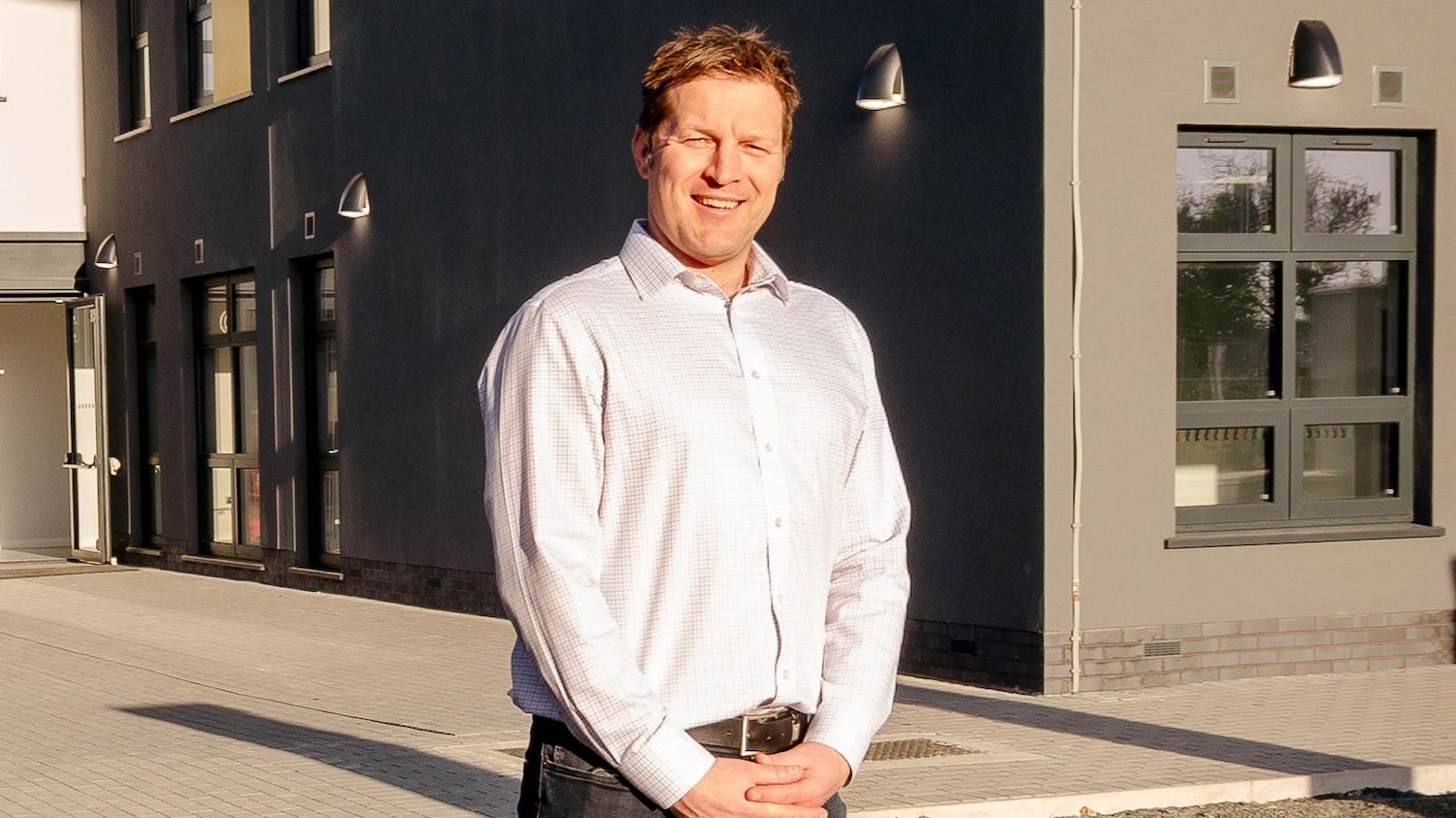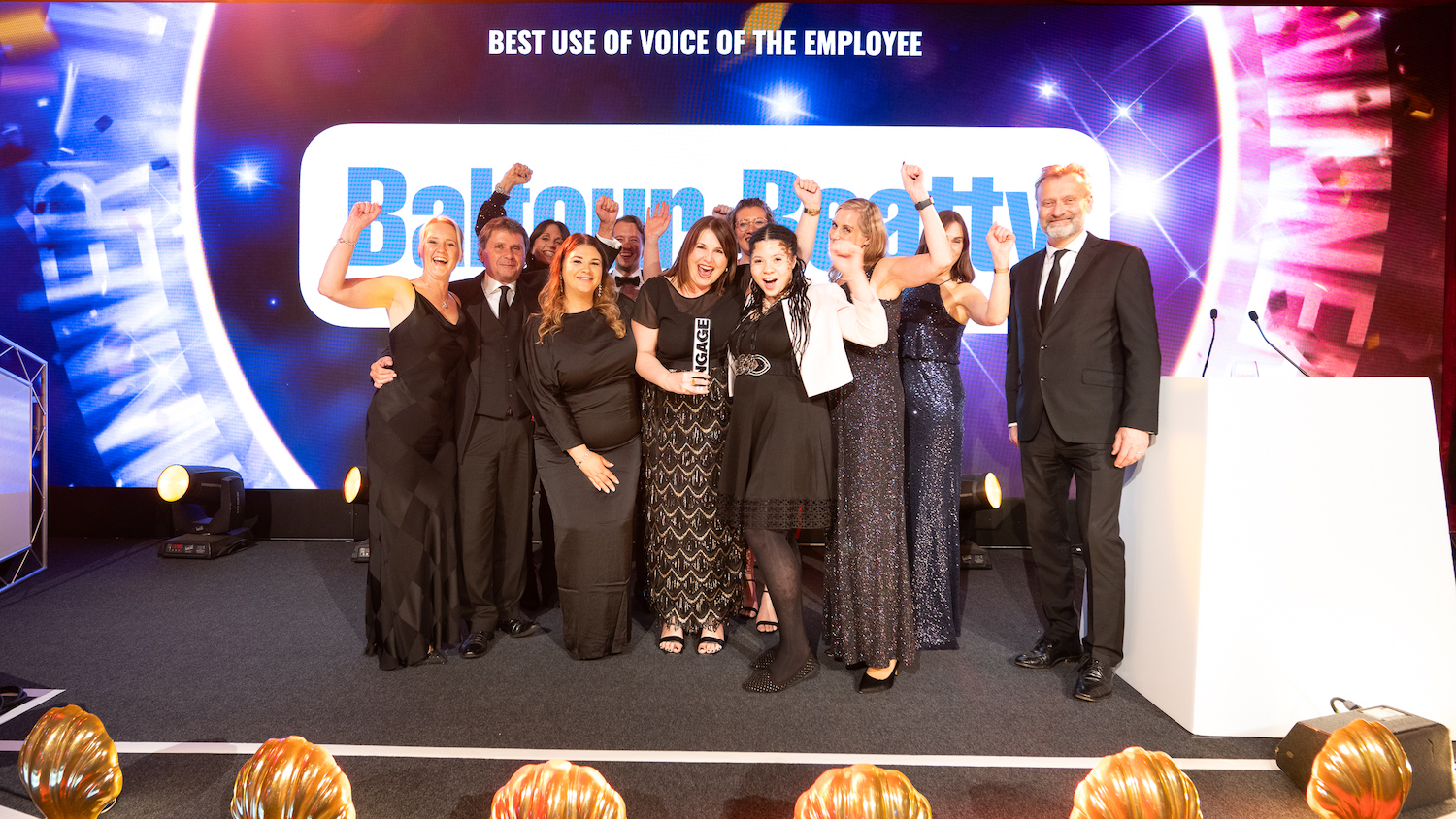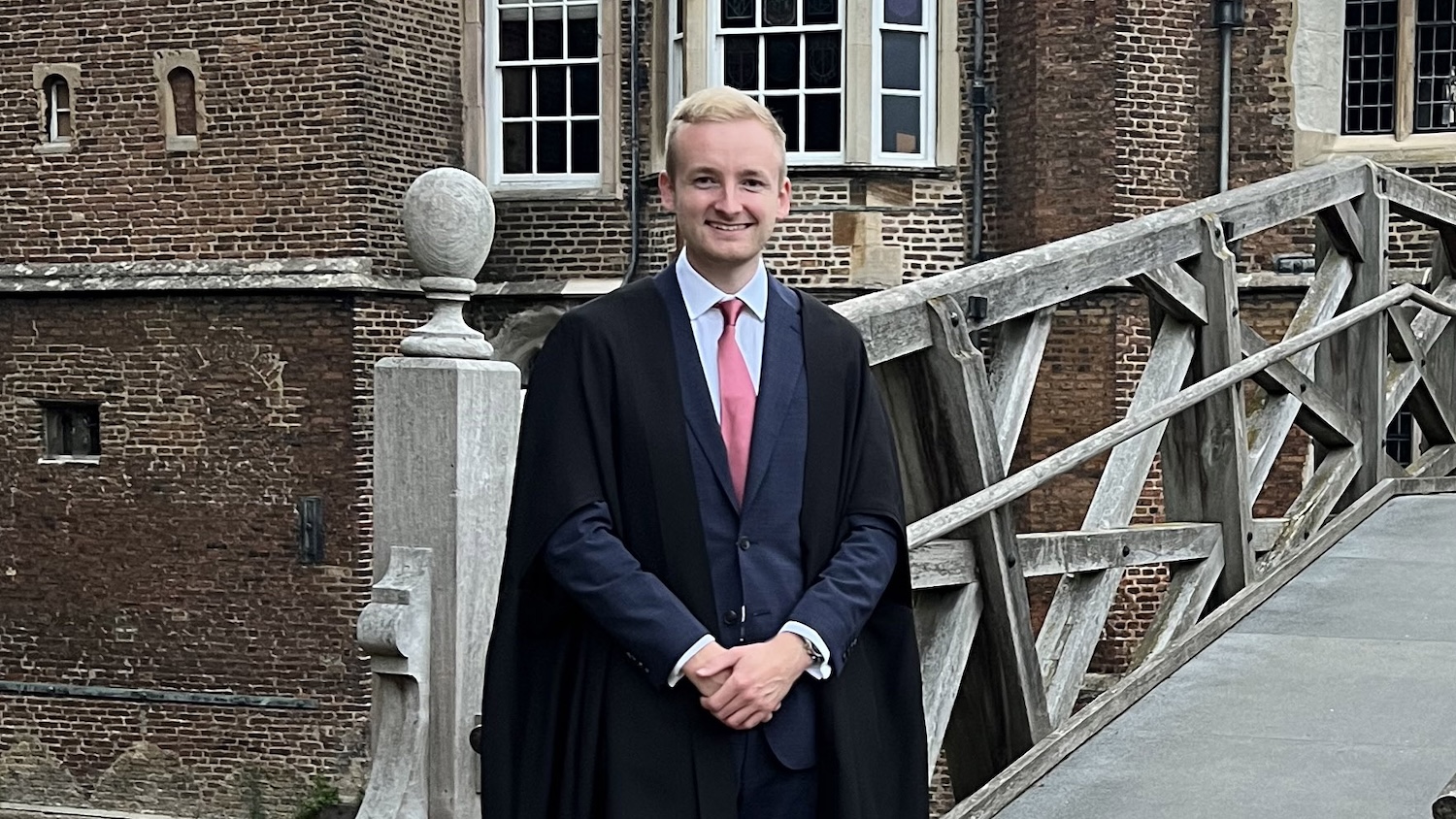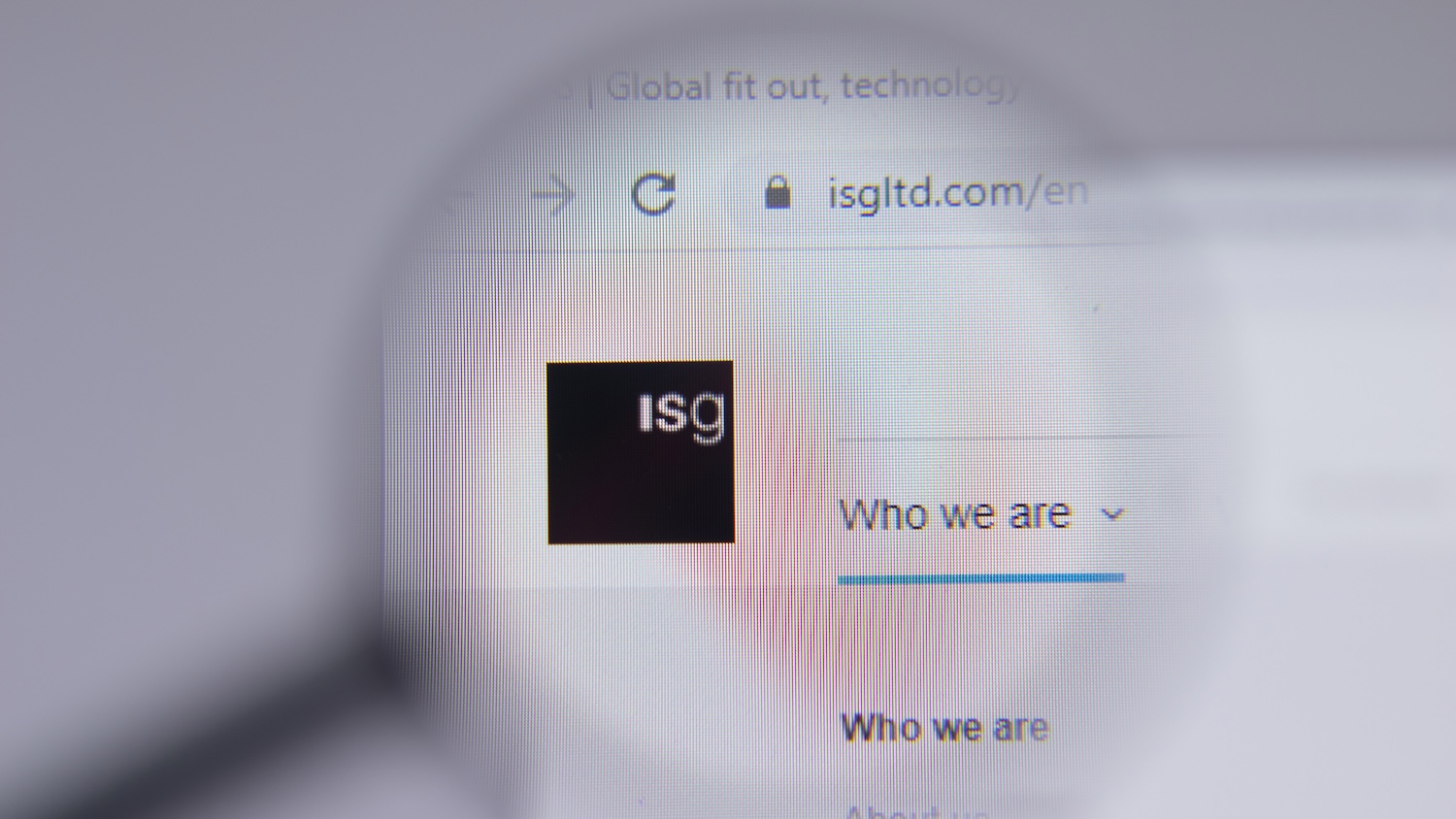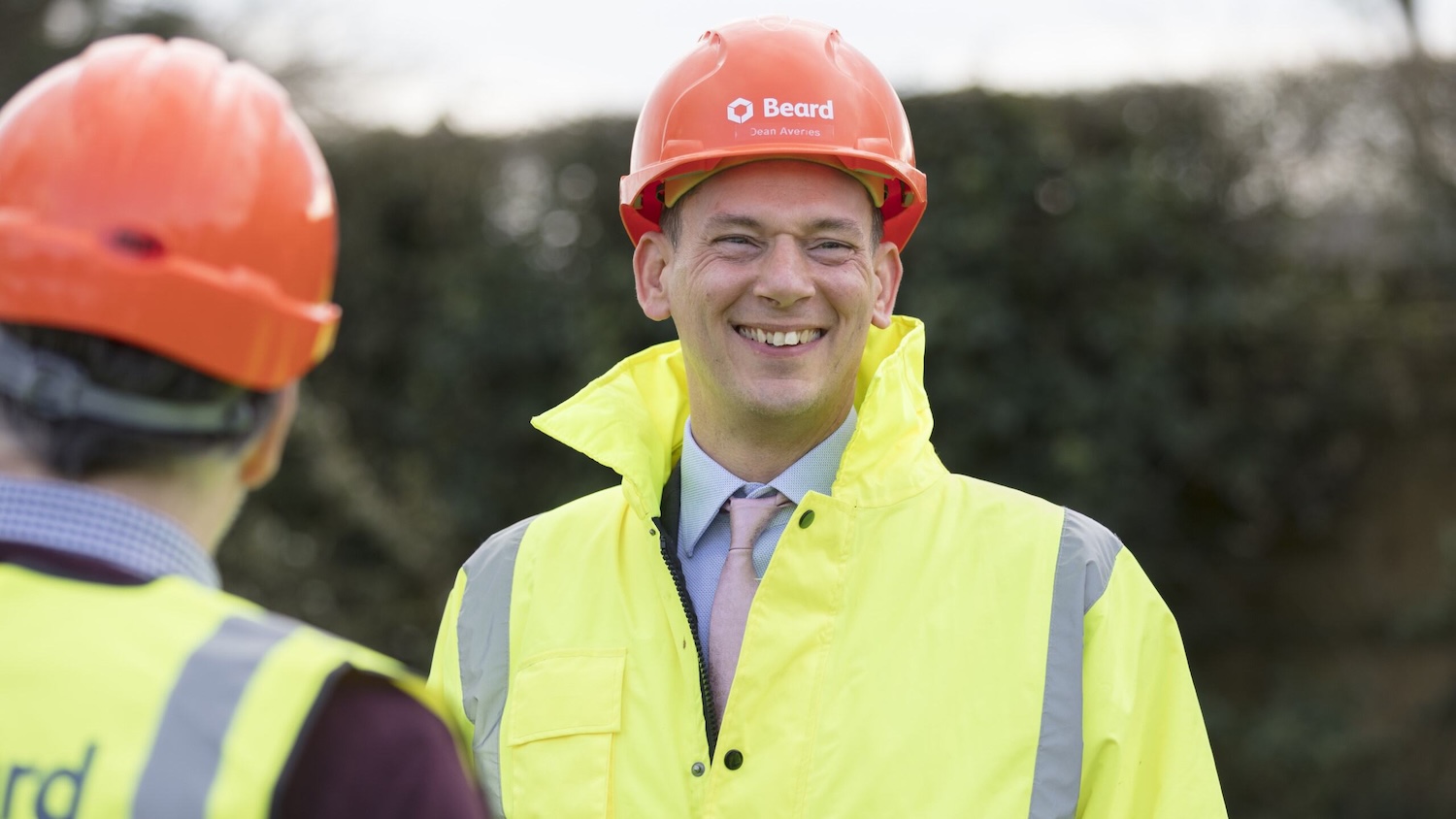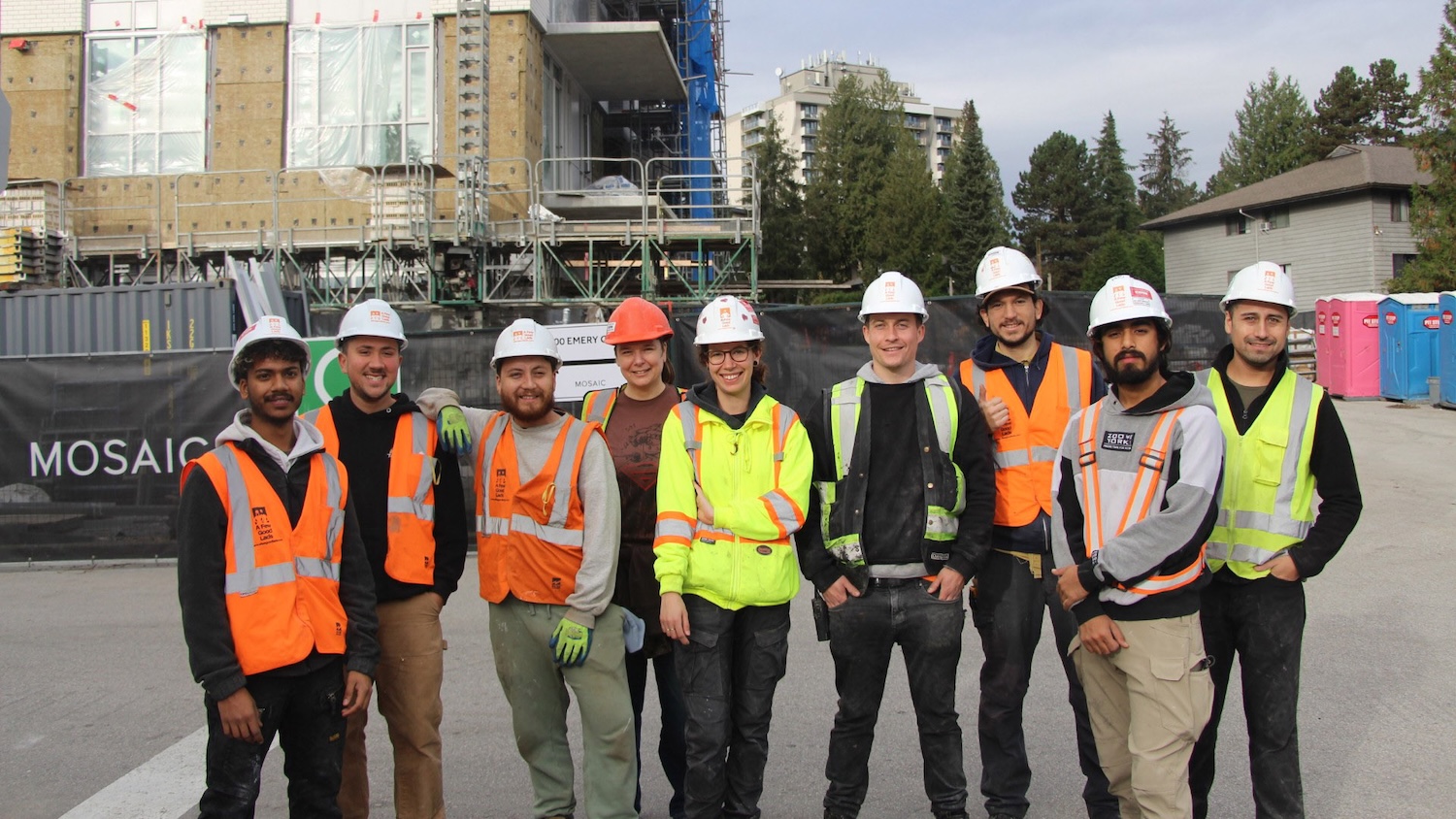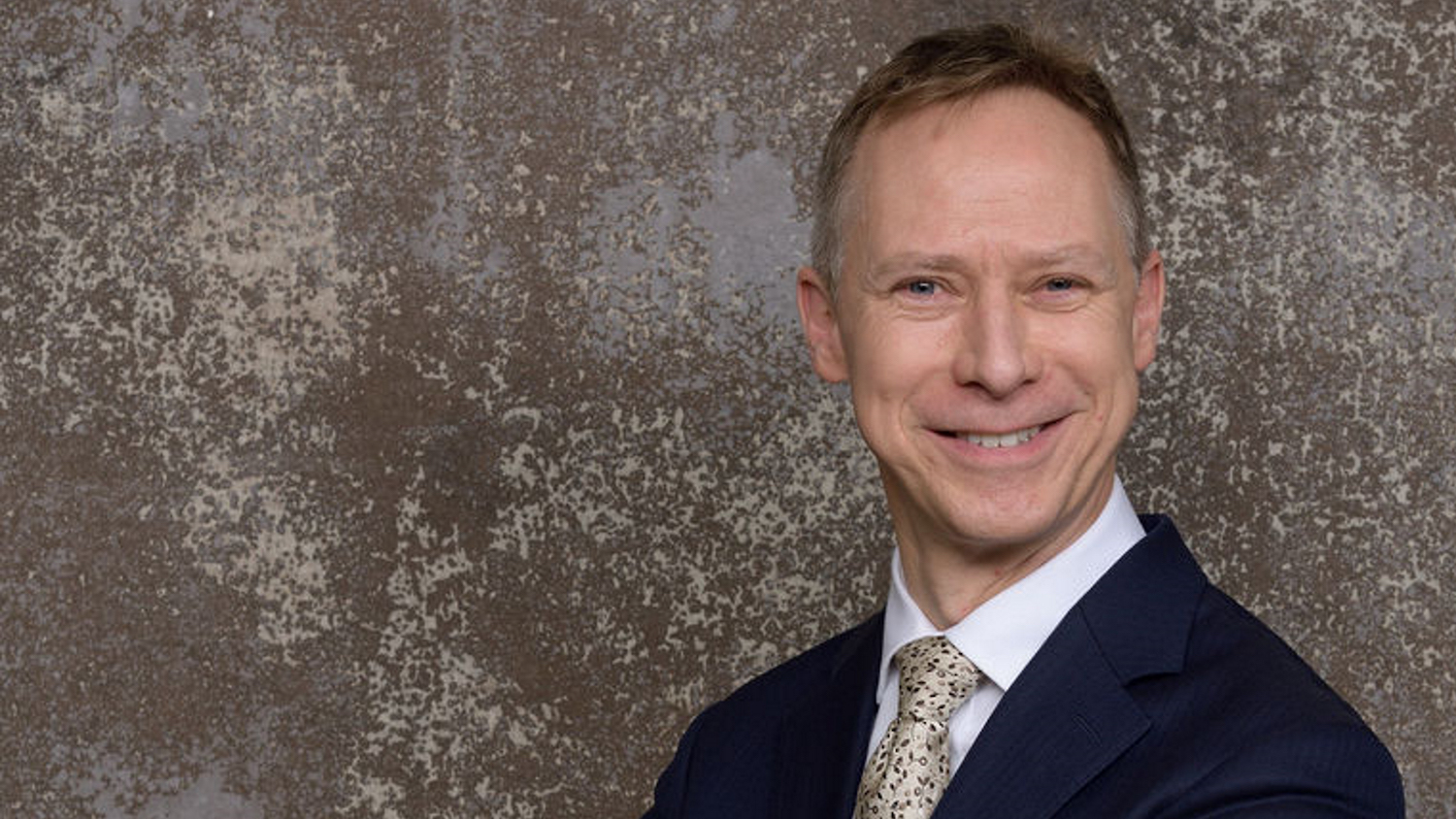
This much I know: ‘Greater inclusivity remains critical to success’
Flexible careers will help to attract the talent of the future, says Simon Finnie, executive director at BAM UK and Ireland
What attracted you to the built environment sector?
I first moved into engineering, and specifically the built environment sector, while working for a series of tier one contractors.
What stood out for me was how tangible the results were for the built environment sector, even compared with the oil and gas and mining industries.
I took to the incredible focus on people, which appeals to me, partly because I originally trained as a psychologist and also because I truly believe all working endeavour is ultimately based on people.
I also love the camaraderie in this sector, which has echoes of a close-knit military culture.
What has changed most about the built environment sector over the course of your career?
Two things have clearly changed above all: our focus on sustainability and the growth of digital.
Our sector was slow to adopt digital change, but we are catching up. Information life-cycle flows have the capacity for reducing so much waste that occurs right from investment through the construction phase to integrated facilities management.
In a wider sense, this is also about people and communities, not just about carbon and fuel. We now focus on leaving a positive legacy for communities – or social sustainability
We are the largest industry in the world, so we have a moral obligation to behave sustainably, both by reducing the negatives and maximising the positives of our impact.
In the wider sense, this is also about people and communities, not just about carbon and fuel.
We now focus on leaving a positive legacy for communities – or social sustainability. I am extremely proud of how BAM is leading the sector on this.
What is the most valuable training you’ve received and why?
I went on a course 23 years ago about facing up to difficult conversations proactively, and it still helps me to this day.
Dealing with difficult situations up front is critical to working life and avoids storing up trouble for later.
What one thing would you change to make careers in the built environment more appealing?
Greater inclusivity remains critical to our industry’s success. BAM was an initial adopter of flexible working but even we need to go further to give people careers they can enjoy to the full.
We have people with great knowledge who can be applied more widely if they are not ‘trapped’ on a single project.
Attracting the talent we need for the future means balancing working in digital ways alongside the physical stimulation of being on site.
What advice would you give somebody starting in the sector today?
Treat everybody the same: with respect. Try to make their working lives, and your own, as enjoyable as you can and do what you can to support this. Whatever you do, it’s all about people in the end.
To those who fear that digital will mean the end of jobs in our sector, I’d say cinema didn’t replace radio and TV didn’t replace cinema, it just led to a different blend of entertainment.
The same will happen in the built environment. We will see a different blend of jobs and technology across our industry.


